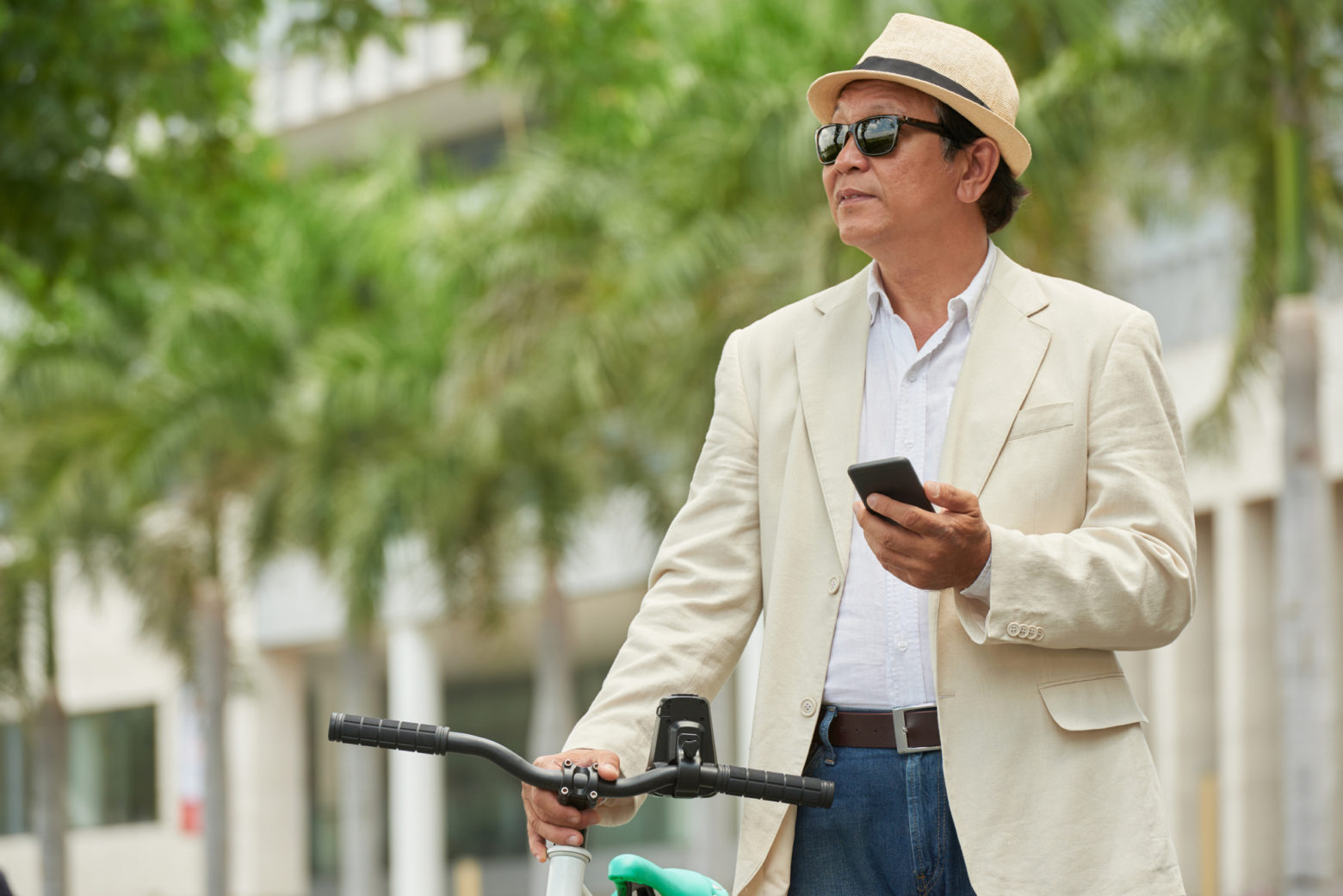Digital hotels of the future

The hotel business is extremely competitive, and hotel owners are fighting for every guest. Fueling this market is the growing popularity of online booking platforms like Airbnb. Hoteliers understand that digital services can help them attract and retain their clients, which is why this market is in the process of faster digitalization. The name of this process is “travolution”.
Modern tourists are well-versed in all things digital, they usually have many mobile devices and other gadgets, including wearables. As a result, digital has become the “channel of choice” for communication between hotels and their clients.
For example, since 2014 Hilton guests have been using the Hilton mobile app to choose their room and amenities. They can also view hotel room floor plans on the main website. The mobile app is used in 4,000 hotels in 80 countries by travelers who have Hilton HHonors loyalty accounts.
With this app, you can also check out your hotel stay. Since the end of 2016, this option is also functioning at Hilton properties all over the world. In addition, Hilton hotel guests can use a special app on their smartphones as a magnetic key for their room at most locations.
There is another example. In 2008 Marriott International formed its own in-house Digital Services team, which initially supported the company website. The team then expanded to become the center of digital innovations for the Marriott brand and has helped Marriott introduce digital services in 4,000 hotels all over the world. There is mobile check-in and check-out, room availability notifications, and the ability to chat with hotel staff. Also, the Marriott mobile app can be used as a room key and to access in-room services such as Netflix and Hulu.
In addition, 500 Marriott hotels have beacons for indoor navigation which are used to help identify frequent visitors. These guests may receive discounts, special offers, and useful notifications — for example, opening hours of the hotel gym.
Marriott has also created a special program for testing new products by startups: the TestBEDacceleratorprogram. This past August two of its participants, French My Brain Technologies and Mymanu from Great Britain, demoed interesting ideas which were are now being tested in pilot programs.
The first pilot is for the Melomind helmet which is designed to provide complete relaxation for guests. The other product is a set of Click headphones which can translate words from 37 languages and could help staff to communicate with international visitors. By the way, the winner of last year’s pitching, Dazzle, is being used in European Marriott hotels as a virtual assistant on the AI base to answer questions from guests.
Mobile apps are not the only channel of communication between guests and hotel staff. Digital kiosks are also becoming more and more popular. They can be set up as large displays in the lobby and provide additional information to guests. Loews Hotels ‘1000 Hotel’ in Seattle uses Microsoft Surface devices for that same purpose.
Some innovations are more for image, less for efficiency. In the Chinese Pengheng Space Capsules Hotel, all reception and restaurant staff have been replaced by robots. You can book a room or order food using a tablet from any of the public areas of the hotel.
Digital technologies are setting new standards for hotel services. According to the American Hotel & Lodging Association, by 2016 65% of hotel owners in the US had introduced mobile check-in for their guests. The digitalization of hotels also includes the development of analytical and security systems and extensive digital marketing.
